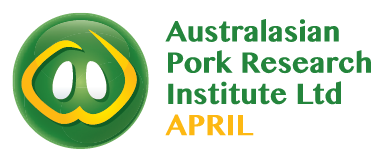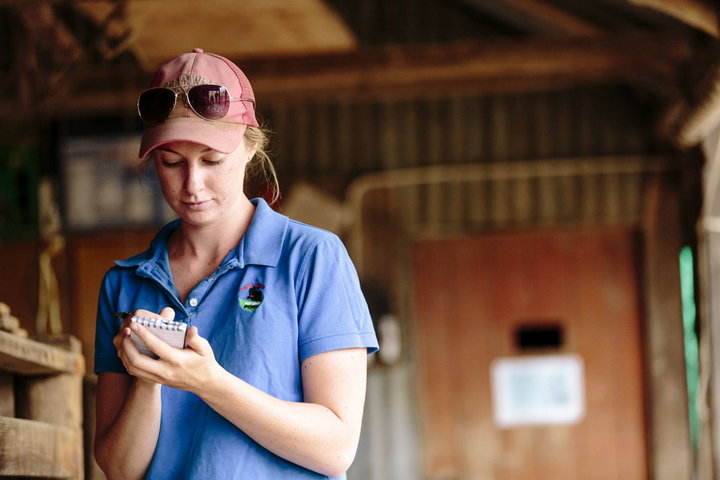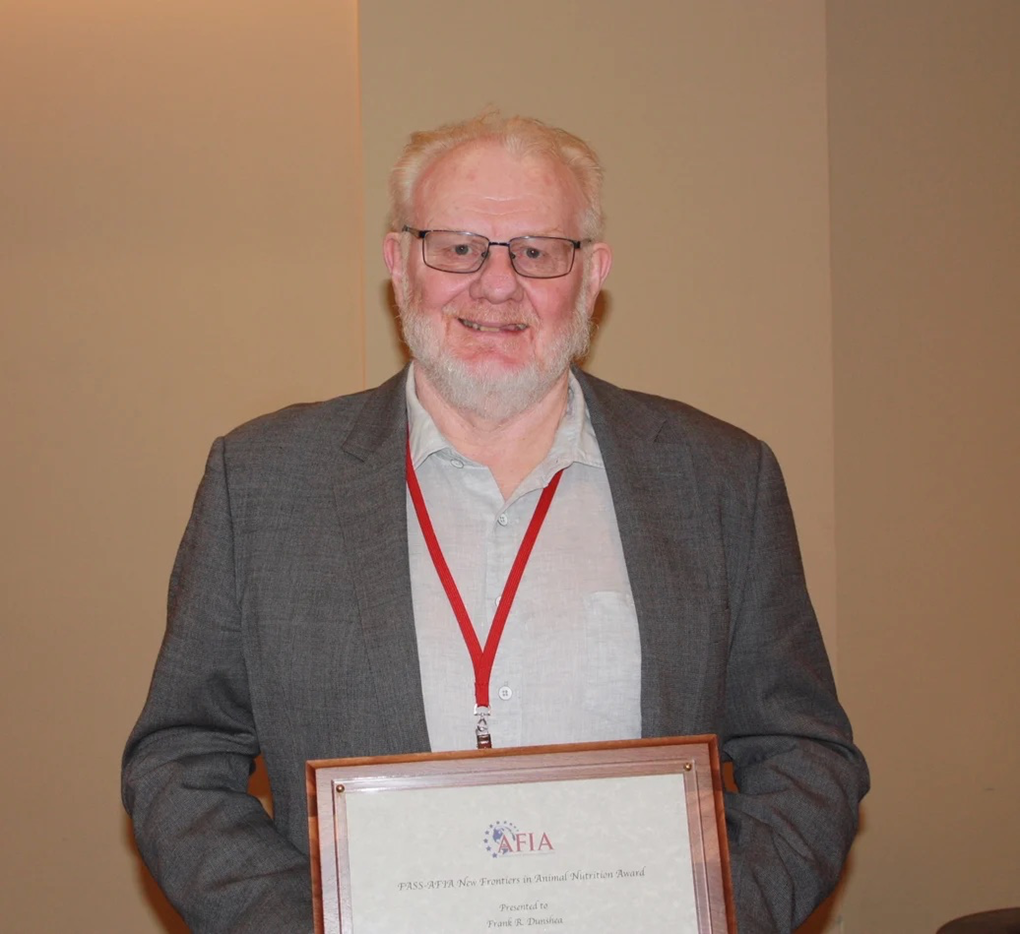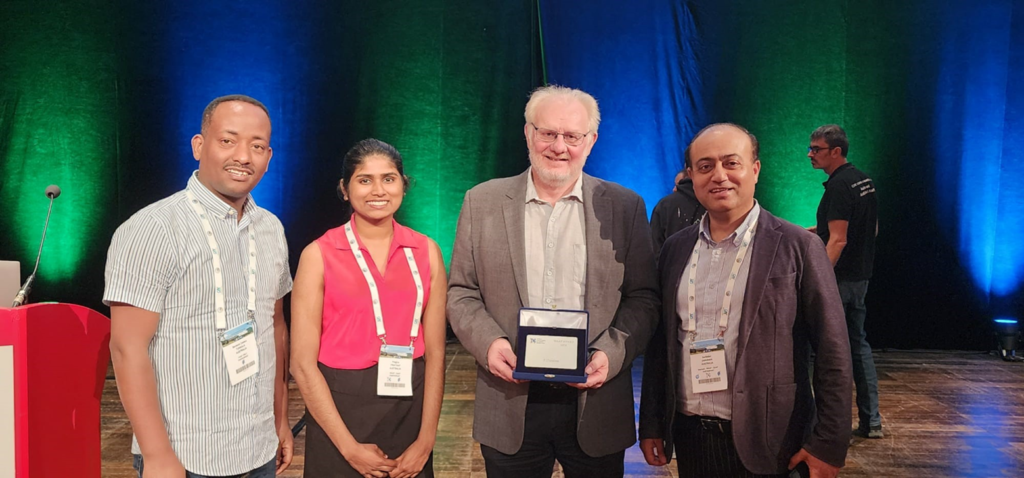

Congratulations to Musleh Uddin, a PhD candidate from the University of Adelaide, for winning the APRIL Enterprise Award for his project application: Shifting farrowing to working hours enhances neonatal supervision and viability.
The award was selected by an industry-based panel and was announced at the APRIL Stakeholders Forum on November 20th, 2025.
Project Overview:
It is common for commercial sows to give birth to large litter sizes, but this can be accompanied by a greater proportion of piglets being born underweight, outcompeted for teat access and susceptible to early mortality.
Musleh and his team are developing a non-injectable, reliable method of inducing sows (primiparous and multiparous) to farrow during supervised working hours. By doing so, workers have more opportunities to assist with the delivery and immediate care of piglets around this vulnerable period.
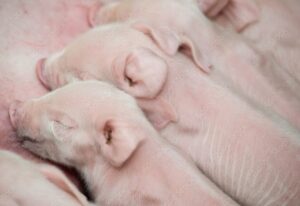
Supporting researchers:
The project was supervised by A/Professor Roy Kirkwood (University of Adelaide), and internationally recognised expert with 43 years of experience in gilt and sow reproductive management, and Professor Sanjay Garg (University of Adelaide), who oversees the Pharmaceutical Innovation and Development Group (PIDG) and is a specialist in translational drug delivery systems in both human and animal medicine.
Once again, congratulations to the team on this achievement and we look forward to ongoing developments in this area.
